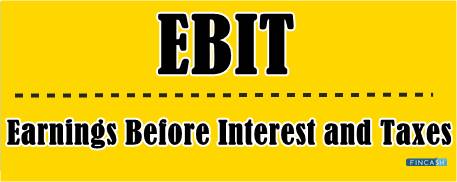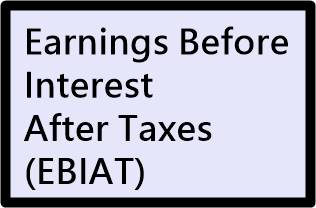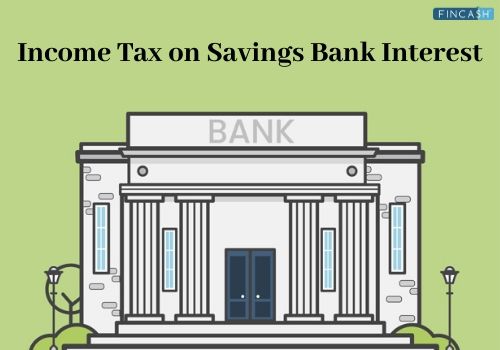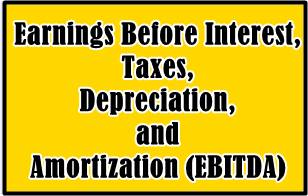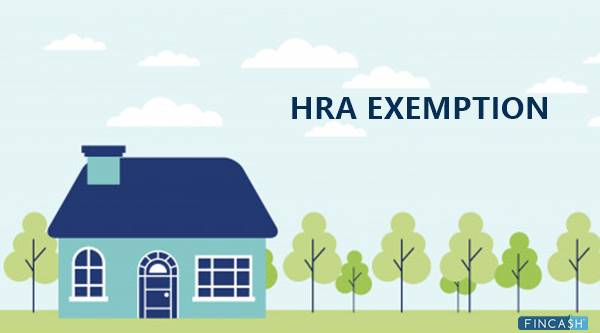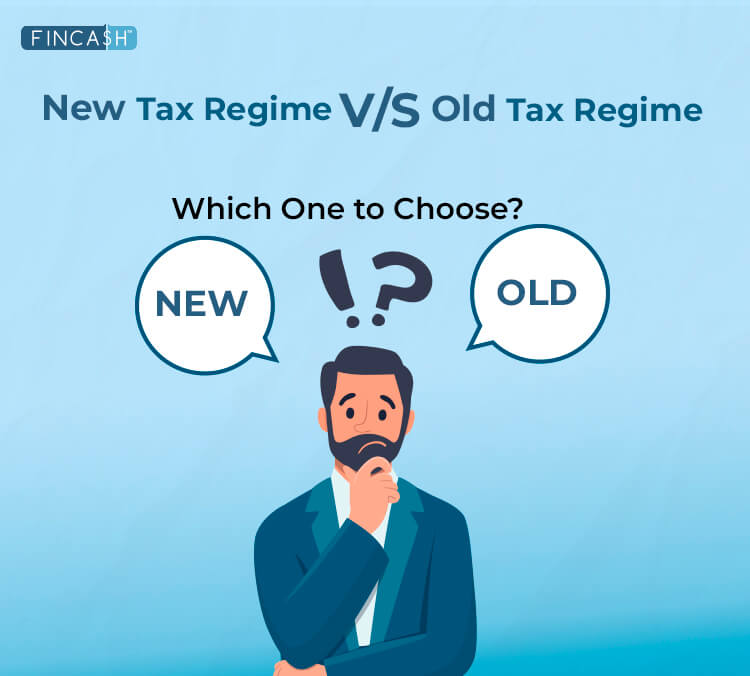
Tax-Exempt Interest
Tax-exempt interest calculation can be referred to as the interest Income that does not depend on federal income tax. Sometimes, the tax-exempt interest amount that the taxpayer earns could end up in limiting the qualification of the taxpayer for specific tax breaks.
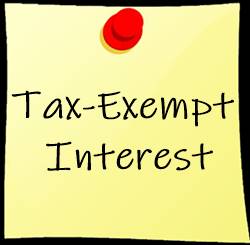
One of the most common sources for tax-exempt interest is known to be obtained from income-producing assets or municipal Bonds inside the Roth retirement accounts.
An Explanation of Tax-Exempt Interest
Tax-exempt interest can be regarded as a type of misnomer as it is still possible to tax the same at local or state levels. It could also be subject to AMT or Alternative Minimum Tax. Moreover, Capital gains that are applied on tax-exempt interest still tend to be taxable. Only the interest that is received on the given investments can be exempted from tax.
One of the most common ways of earning interest that can be tax-exempt at both local as well as state levels –along at the federal level, is that the investors should consider purchasing the municipal bond, which is issued in the respective state or area of residence.
Municipal bonds tend to be one of the most common forms of investments known for paying tax-exempt interest. However, while the given interest rate might be exempted from tax at the respective federal level, it could still be taxed at the given state level. For instance, a resident of ABC place buying the municipal bond of some XYZ place would be paying ABC income tax on the given interest. However, the given tax laws are known to vary from one state to another.
Tax-equivalent yield = interest rate ÷ (1 – your Tax Rate)
For instance, there are some states that include interest earned on most of the municipal bonds –including their own. On the other hand, there are some states that exempt interest from the respective Taxes in case the investor is residing in the given state. Treasury securities that are issued by the government are known to pay interest that remains tax exempt at both local as well as state levels –but not available at the federal level.
Talk to our investment specialist
Local & State Taxation of Interest
As per the IRS or Internal Revenue Service, interest on the local or state government Obligation might be tax-exempt in case the given obligation might not be a bond. For instance, interest on some debt evidenced only by a standard written form of agreement of sale or purchase could be exempt from tax. Moreover, interest that is paid by the insurer as Default by the political or state subdivision could be tax-exempt.
Mutual Funds holding a mix of municipal bonds and stocks are going to have the part of Earnings that is derived from the tax-exempt bonds under the guidelines of federal income tax while being potentially exempt from state taxes. It is ultimately going to depend on the specific location from which the bonds tend to originate.
All efforts have been made to ensure the information provided here is accurate. However, no guarantees are made regarding correctness of data. Please verify with scheme information document before making any investment.

